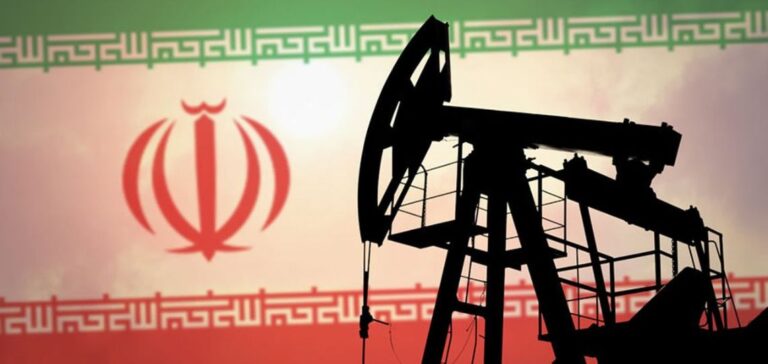On April 23, the US Senate validated a package of security measures that had already been approved by the House. This package includes reinforced sanctions targeting foreign infrastructures involved in the trade of sanctioned Iranian petroleum products. The measures had already been stepped up at the end of March, due to Iranian support for the Houthi rebels.
Details of enhanced penalties
The new legislation imposes sanctions on ports, ships and refineries involved in trading Iranian oil, as well as on entities transferring Iranian oil from ship to ship. In addition, the Iran-China Energy Sanctions Act requires periodic audits of Chinese financial institutions purchasing Iranian oil, blocking certain interactions with US financial institutions.
Potential impact and market reality
Although China acquires almost 90% of Iran’s crude oil exports, often at significantly reduced prices, the long-term effectiveness of sanctions remains uncertain. The legislation extends sanctions to financial institutions facilitating this trade, but with exemptions under certain conditions, raising questions about its effective application.
Future projections and implications
The Biden administration could use these new measures to encourage Chinese refineries to reduce their purchases. However, the most significant actions to limit Iranian oil exports could come after the US presidential elections in November. More drastic measures could include interventions in Iran’s energy infrastructure.
With the strengthening of US sanctions against Iranian oil trade, the current administration is displaying a more aggressive strategy, but the real impacts on the oil market will require ongoing assessment in the face of evasive tactics and the complexity of international relations.






















